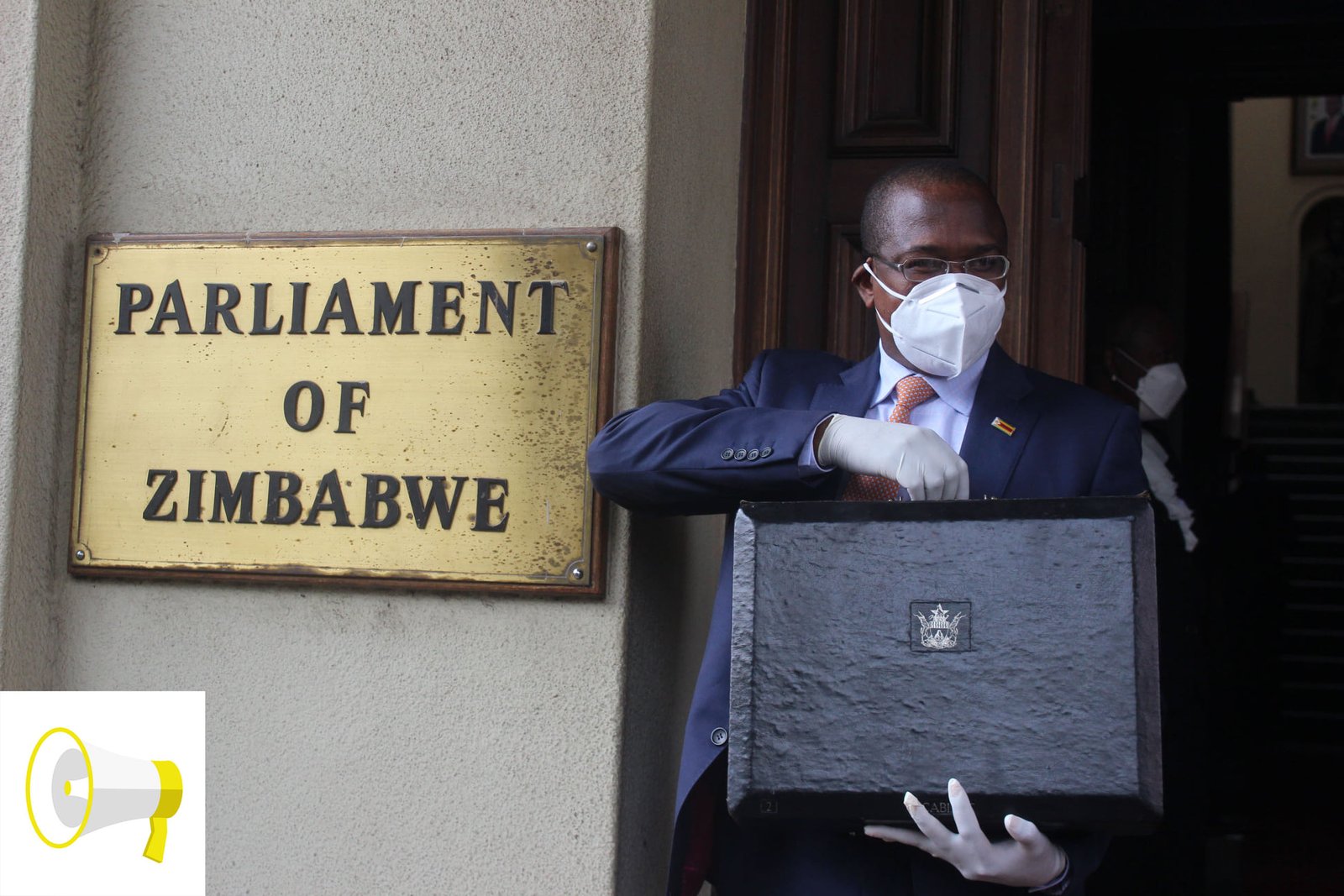Zimbabwe Coalition on Debt and Development (ZIMCODD) has urged the government to ring-fence funds that are meant for COVID-19 response.
The debt and development watchdog believes ring-fencing funds will the country better respond to emergencies when they occur.
Currently, there is no clarity on how the country is going to respond to the Omicron variant that was first reported by South Africa.
Earlier this year Finance Minister Mthuli Ncube announced a US$100 million war chest for vaccines to vent off the deadly Delta variant.
However, even though the Omicron variant emerged during Zimbabwe’s 2022 budget formulation period, the finance minister chose to remain mum.
Some social and economic commentators are of the view that the issue will likely take centre stage when the budget is debated in Parliament in a few days.
Writing in its Weekend Read series, ZIMCODD said the ring-fenced COVID-19 war chest should include stimulus packages for businesses and citizens whose lives would have been affected by measures that will be implanted to respond to the pandemic.
‘’With the continued risk posed by the pandemic, an accountable COVID-19 funding pool that is ring-fenced is a better option that the Contingency Fund outlines by the Minister to ensure vaccine equality and timely responses to pandemic emergencies.
‘’Additionally, the common COVID-19 fund should provide specific support for households and businesses to recover from the second-order impacts of the COVID-19 pandemic such as loss of business during lockdowns, disruption to supply chains, household indebtedness etc in a gender-inclusive and accountable manner,’’ read the ZIMCODD weekly series.
Last year, the government announced a stimulus package to cushion companies that had been affected by lockdown, however, most companies especially those in the small to medium enterprises failed to access the fund.
The companies complained that the interest was too high to bear in an environment of uncertainty. This lack of funds to recapitalise saw some companies retrenching workers and scaling down on operations.



